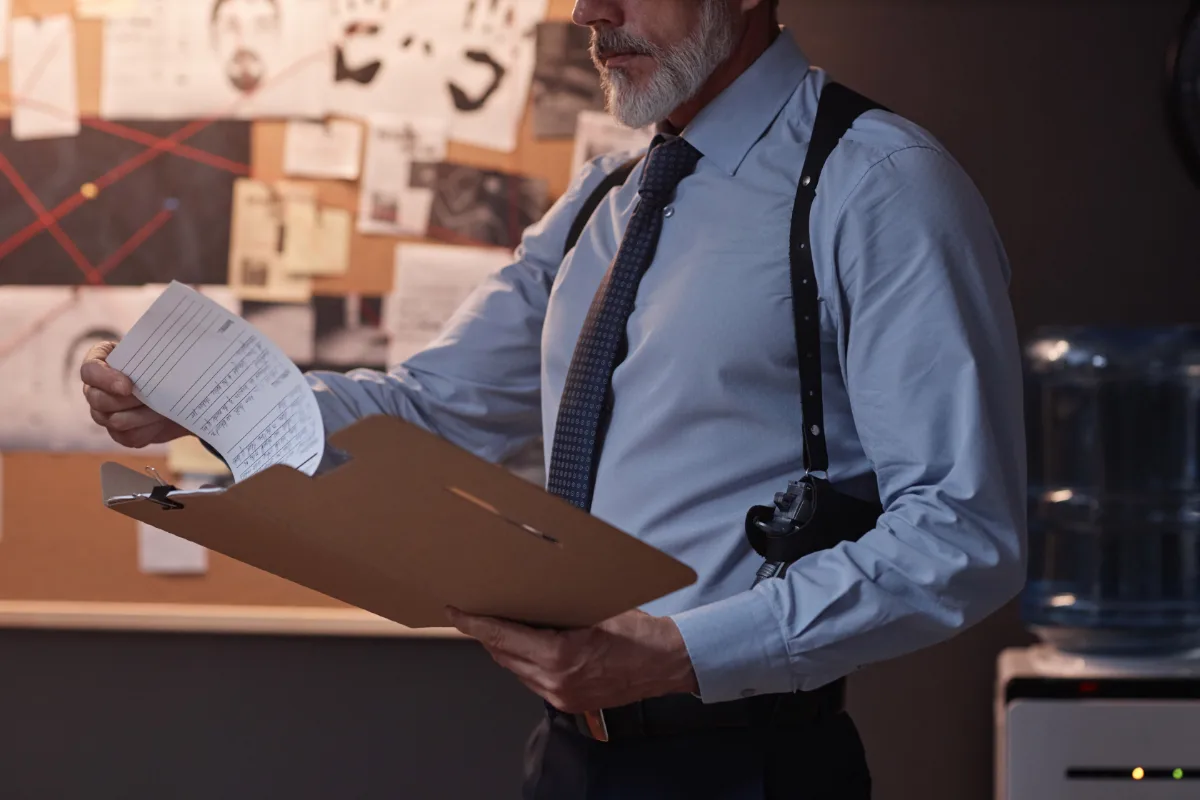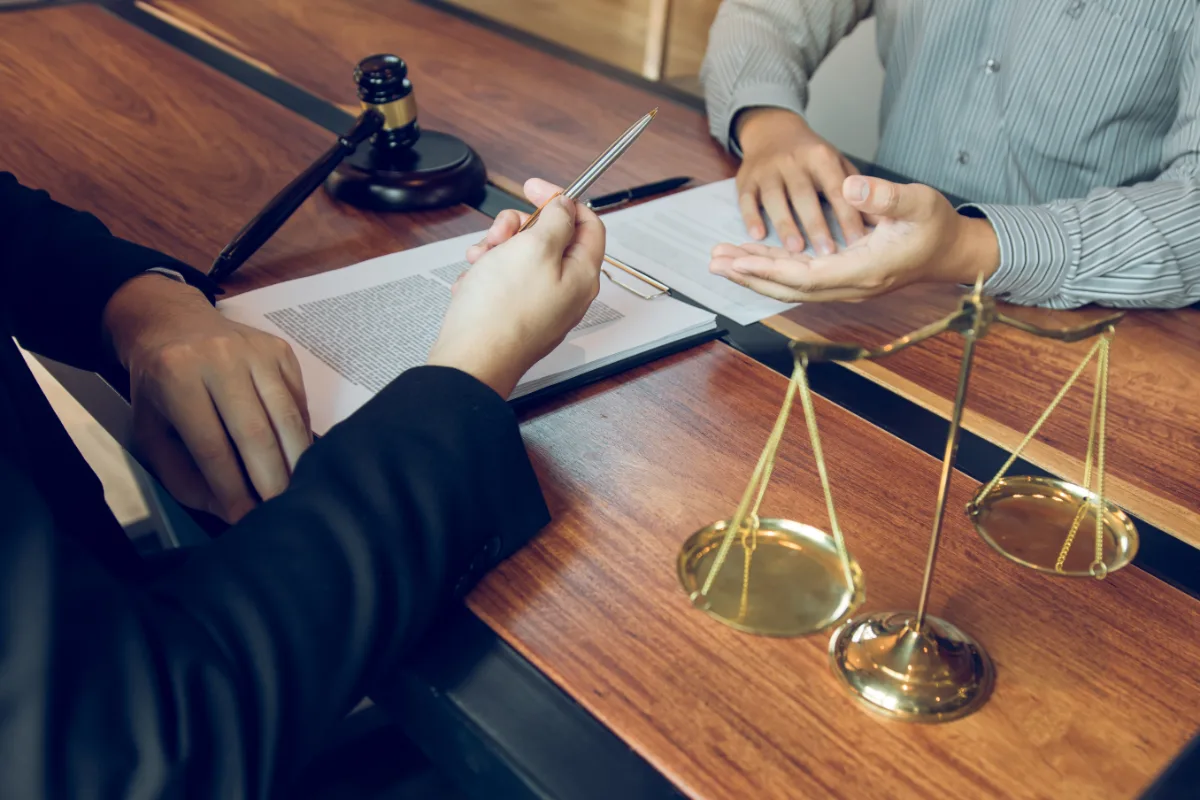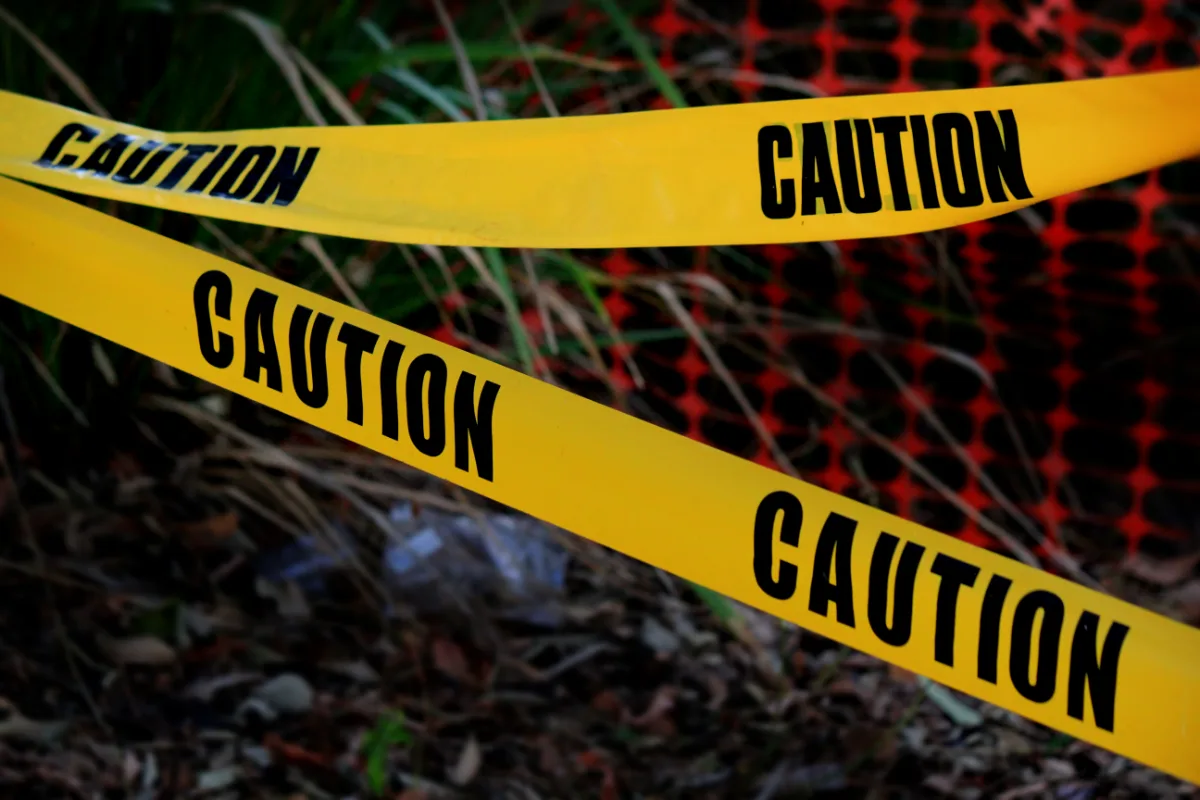WHAT IS UNLAWFUL INSTALLATION OF TRACKING DEVICE IN TEXAS? A person commits unlawful installation of a tracking device by installing a tracking device on another person’s motor vehicle without permission. WHAT IS THE UNLAWFUL INSTALLATION OF TRACKING DEVICE LAW IN TEXAS? Tex. Penal Code § 16.06. UNLAWFUL INSTALLATION OF TRACKING...













